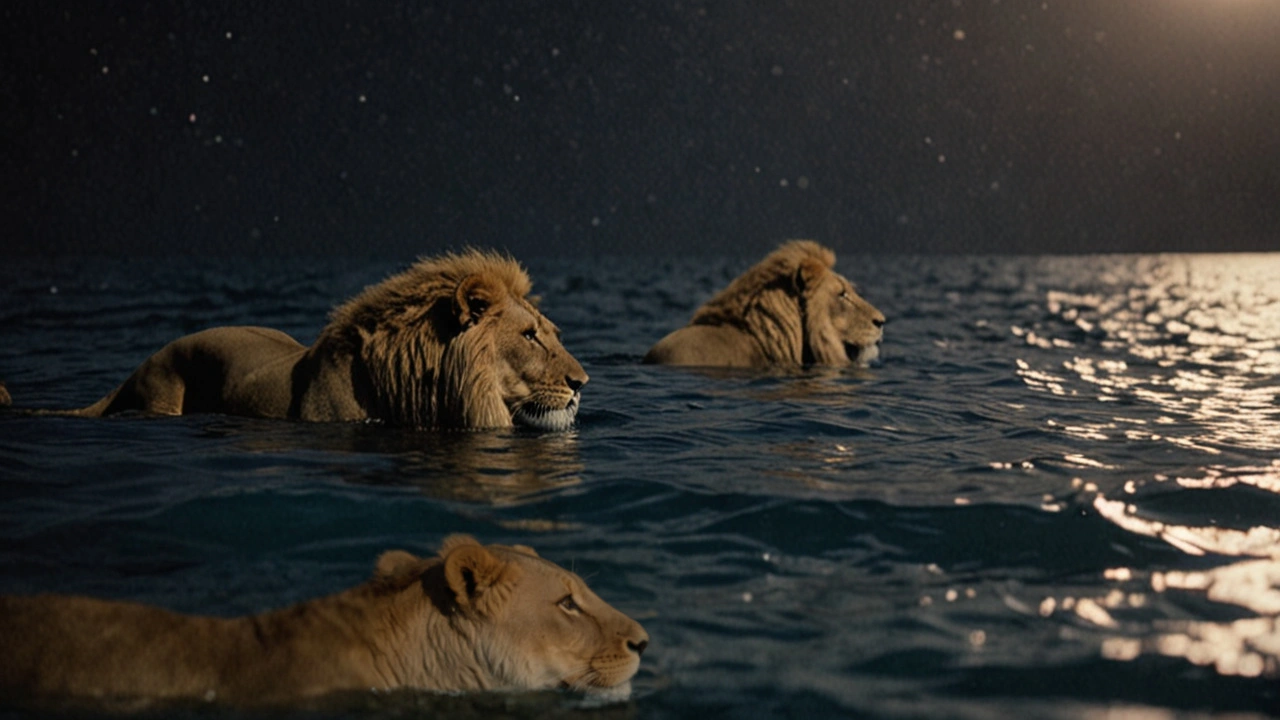Uganda Wildlife: Where to See Gorillas, Elephants and More
Uganda packs big wildlife in a small country. From mountain gorillas in misty forests to elephants along the Nile, you can see more in a week than you expect. This guide tells you where to go, when to visit, how to prepare, and how to do it responsibly.
Start with the must-see parks. Bwindi Impenetrable Forest is the place for mountain gorillas. Trekking here needs a permit and a guide. Permits sell out fast, so book months ahead. You will walk through thick forest and mud, but a few hours with a gorilla family is unforgettable. For classic savannah game, head to Queen Elizabeth National Park. Boats on the Kazinga Channel bring hippos, waterbirds, and close elephant sightings. Murchison Falls National Park offers dramatic scenery where the Nile bursts through a narrow gorge. Expect crocodiles, giraffes, antelope, and lions. For remote wilderness, try Kidepo Valley National Park in the north. The landscapes are wide and quiet and sightings feel private.
Best time to visit? Dry months—December to February and June to August—give the best game viewing. Trails are easier and animals gather at water. The rainy seasons still work for birdwatchers and green scenery, but tracks get slippery and some roads become rough.
Practical tips. Fly to Entebbe and plan a buffer day to recover. Bring sturdy hiking boots, a rain jacket, binoculars, and insect repellent. Malaria medicine is recommended—talk to your doctor. For gorilla treks bring light gear only; rangers will help carry extra items. Keep your camera ready but avoid flash with gorillas and respect the 7-meter rule unless guides say otherwise.
Safety and rules. Always follow your guide. Never feed or touch animals. Keep noise low on treks and in vehicles. Park fees and permits fund conservation, so expect to pay them at park gates or when booking. Use UWA-approved tour operators and guides. Reports show community tourism tied to better conservation — choose lodges and projects that give back to local villages.
Conservation issues. Uganda protects rare species but faces challenges: habitat loss, poaching, and human-wildlife conflict. Gorilla and elephant programs use tourism fees to fund anti-poaching patrols and community projects. If you want to help beyond fees, look for volunteer programs or local NGOs focused on habitat restoration and education.
Where to stay. Options range from tented camps and family-run lodges to luxury riverside lodges. Book near the park you plan to visit to cut long drives. For Bwindi, community-run homestays give cultural insight while supporting locals.
Want a quick checklist? Pack permits, sturdy shoes, malaria meds, binoculars, camera, and cash for fees. Respect guides and wildlife. Book key permits early.
Bring snacks and water for long drives, and charge devices with batteries. Hire local guides who know animal patterns and routes. If you visit multiple parks, mix boat, game drive and walking safaris to vary the experience and increase chances of great sightings.
Uganda rewards curious travelers. Follow simple rules, pick the right season, and you’ll leave with close encounters and stories worth sharing.

